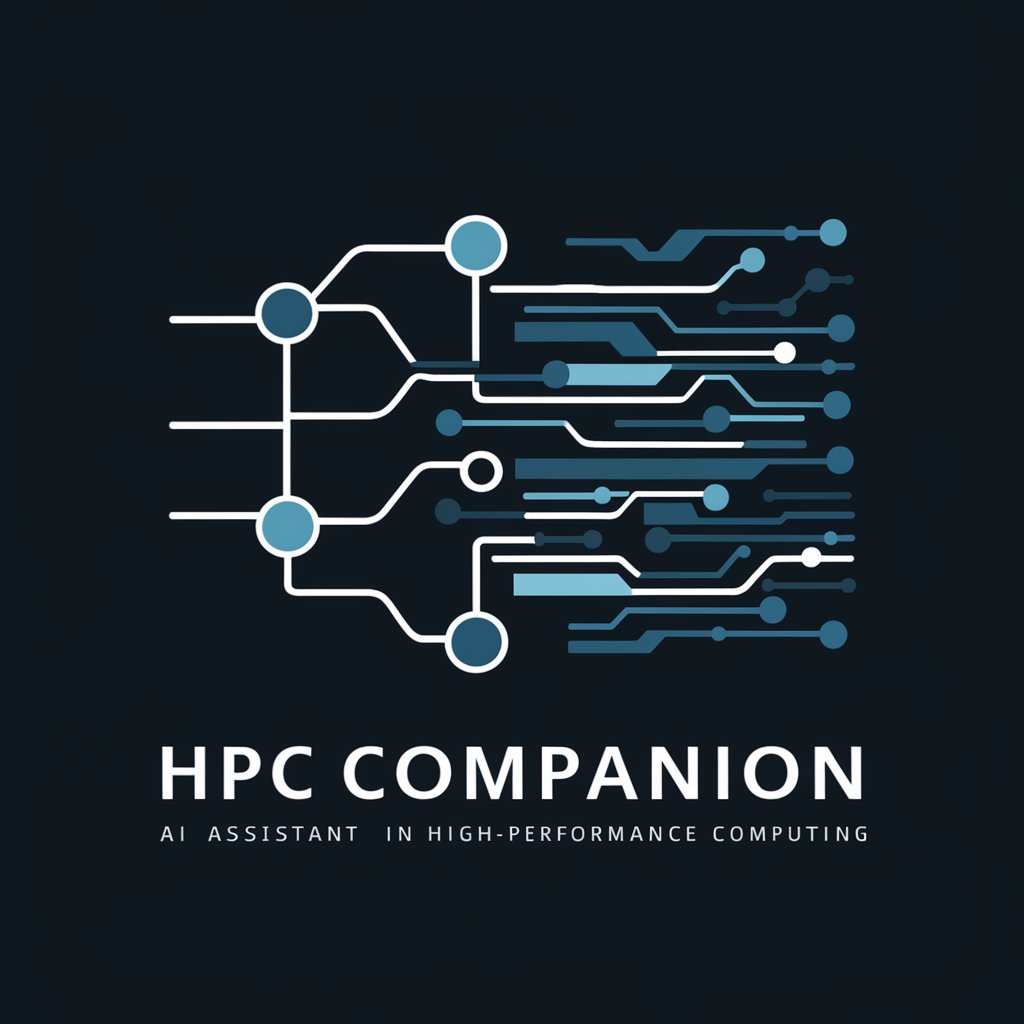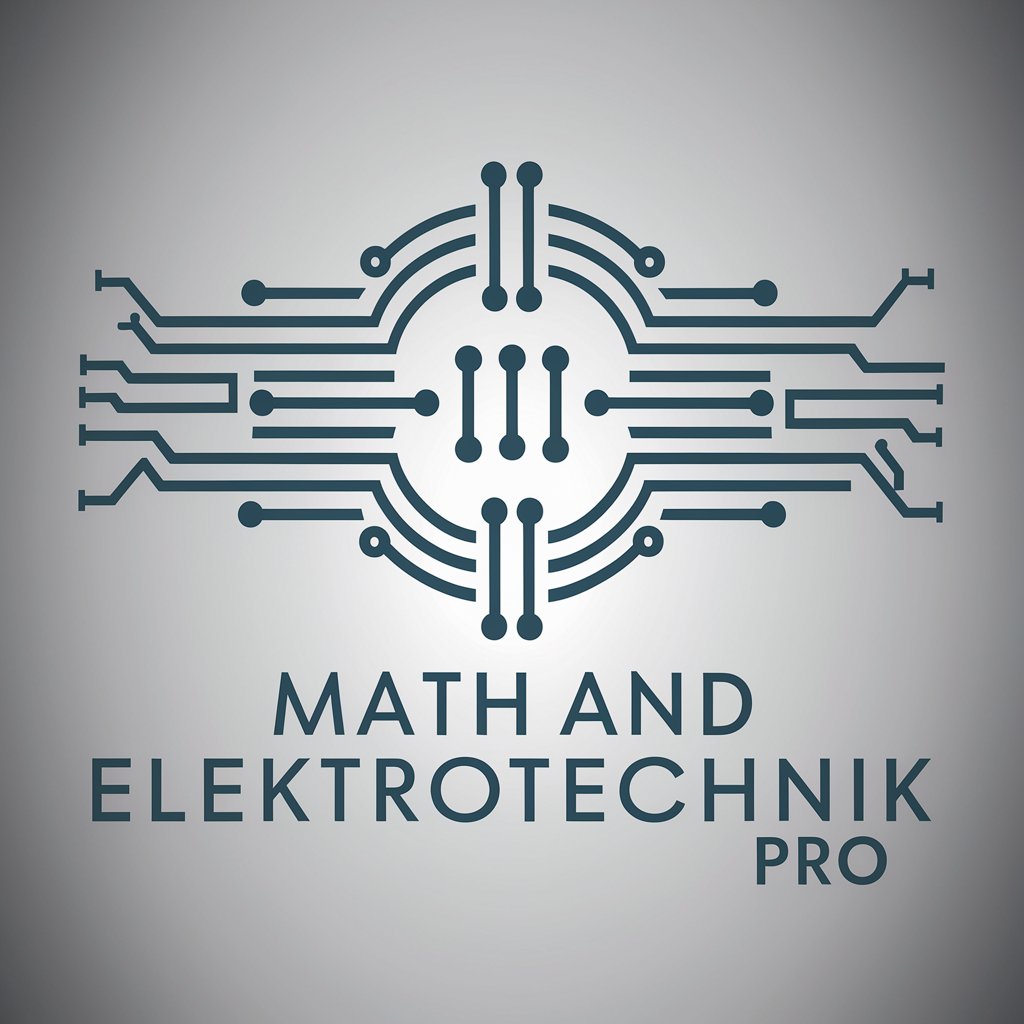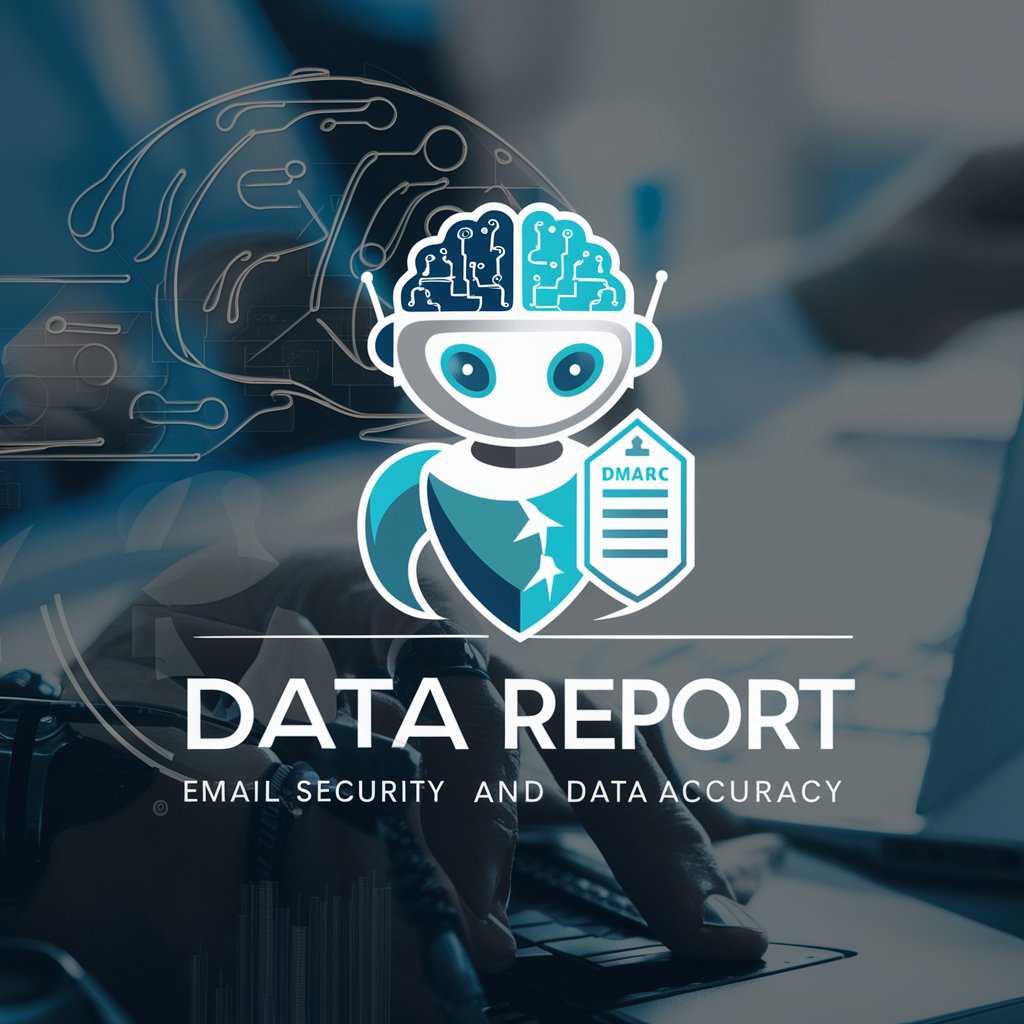HPC Companion - tool for High-Performance Computing

Welcome! How can I assist you with your HPC needs today?
AI-powered support for HPC solutions
Can you explain the differences between shared and distributed memory architectures in HPC?
What are the best practices for optimizing GPU performance in a parallel computing environment?
How do you troubleshoot common issues in an MPI-based application?
What are the key considerations for setting up a high-performance storage system in an HPC cluster?
Get Embed Code
Introduction to HPC Companion
HPC Companion is a specialized AI tool designed to assist users with a range of High-Performance Computing (HPC) topics. Its core function is to provide detailed explanations, troubleshooting help, and guidance on best practices in areas including GPU technologies, parallel computing, distributed systems, and large-scale data processing. For instance, if a researcher is struggling with optimizing a parallel algorithm for climate modeling, HPC Companion can suggest strategies and modifications to improve performance and efficiency. Powered by ChatGPT-4o。

Main Functions of HPC Companion
Troubleshooting HPC Systems
Example
Diagnosing and resolving issues in a distributed computing environment where MPI jobs fail due to network bottlenecks.
Scenario
A system administrator at a research lab uses HPC Companion to identify the root causes of frequent MPI job failures and receives recommendations on network configuration adjustments to reduce data congestion.
Optimization of HPC Applications
Example
Enhancing the efficiency of GPU-accelerated machine learning algorithms.
Scenario
A data scientist employs HPC Companion to restructure their deep learning models for better utilization of GPU resources, significantly cutting down the training time and improving model performance.
Educational Resources on HPC Concepts
Example
Providing in-depth modules on the principles of parallel programming and efficient data handling.
Scenario
An academic instructor integrates HPC Companion into a computational science curriculum, offering students interactive guides and personalized feedback on their parallel programming assignments.
Ideal Users of HPC Companion Services
HPC System Administrators
These professionals manage and maintain HPC environments and can use HPC Companion for real-time advice on system configuration, performance tuning, and issue resolution.
Researchers and Scientists
Individuals in fields like genomics, physics, and climate studies often utilize large-scale computational resources. HPC Companion helps them optimize their computational methods and efficiently scale their experiments.
Educators and Students
Those teaching or learning about HPC technologies benefit from HPC Companion's educational content, tutorials, and scenario-based learning modules tailored to enhance their understanding and skills in high-performance computing.

Guidelines for Using HPC Companion
Visit yeschat.ai for a free trial
Access HPC Companion via yeschat.ai without needing to log in or subscribe to ChatGPT Plus.
Define your goals
Clarify your questions or challenges within High-Performance Computing (HPC) to receive tailored and efficient answers.
Ask specific questions
Formulate your queries clearly, providing as much relevant information as possible to get detailed solutions or advice.
Review and refine answers
Evaluate the provided responses and refine your questions if needed to gain deeper insights.
Apply the recommendations
Implement the suggestions or instructions provided to optimize your HPC operations or understanding.
Try other advanced and practical GPTs
SEO Mastermind blog post creator
Enhance Your Blog's Reach with AI

SQL Sage
Empowering your SQL journey with AI

Philippine AI Lawyer
AI-Powered Philippine Law Expert

Philosophy Essay Assistant
AI-driven philosophical essay crafting tool.

Kids Chic_On Page Product Descriptions Writer
Transforming Product Descriptions with AI

Math and Elektrotechnik Pro
AI-Powered Engineering Mastery

ChatGenius
Empowering communication with AI precision.

HOI4 Translator
AI-driven precision translation for all

DMARCレポート分析ツール(エラーのみ表示)
AI-driven Error Detection for DMARC

APLC Rhetorical Analysis Essay Evaluator
Enhancing Essay Skills with AI

Purpose Robot
Empower your tasks with AI!

Wellness Guide
Empower Your Health with AI

Common Questions About HPC Companion
How can HPC Companion assist with GPU computing?
HPC Companion provides guidance on optimizing GPU code, selecting appropriate libraries, and understanding the architecture to maximize performance for parallel computing.
Does HPC Companion offer support for distributed computing?
Yes, it provides insights on distributed computing frameworks, cluster management, and techniques for scaling computational workloads efficiently.
Can HPC Companion help improve my data processing pipeline?
Absolutely. It offers advice on data partitioning, parallel processing strategies, and utilizing distributed storage systems to handle large-scale data processing.
Is HPC Companion suitable for beginners?
Yes, beginners can use HPC Companion to understand foundational concepts, learn best practices, and access practical examples in parallel and distributed computing.
What are some practical tips for getting the most out of HPC Companion?
Ask precise questions, clarify the problem context, and experiment with various implementation strategies based on the advice to find what works best.
